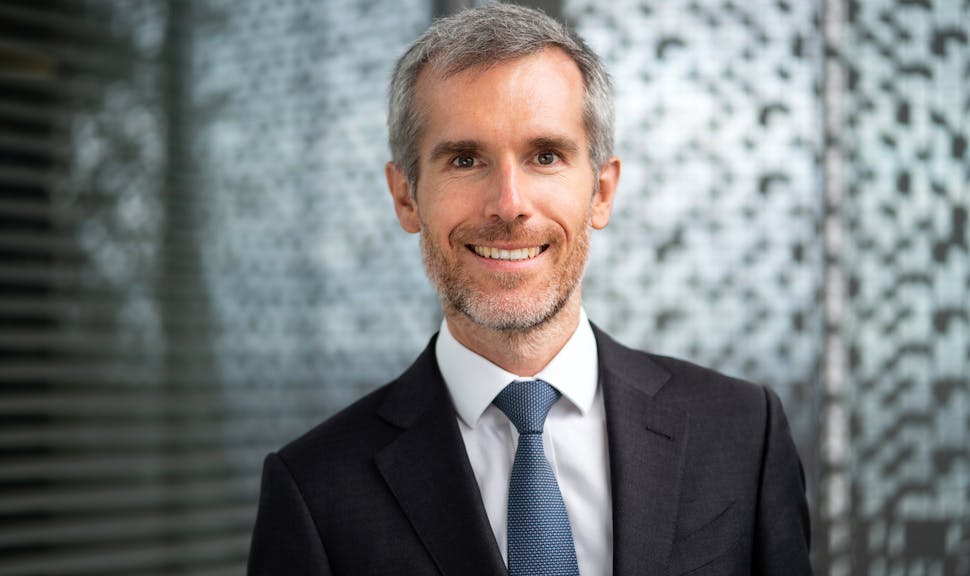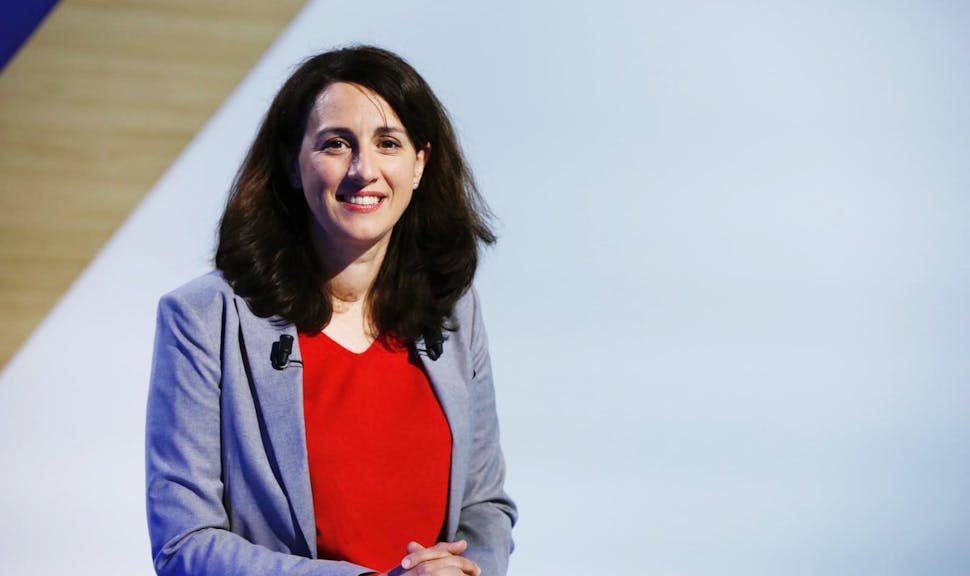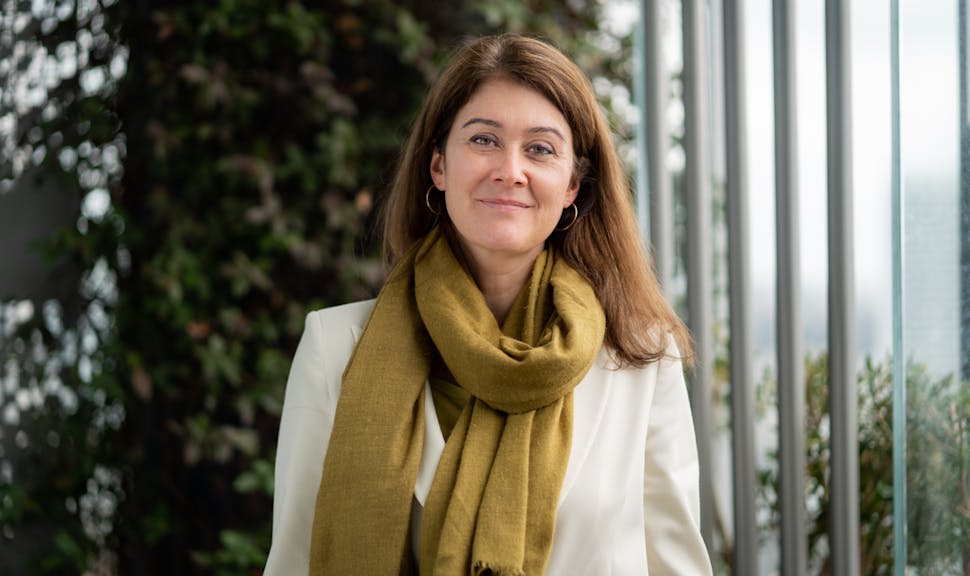
November 18, 2020
"The Covid-19 crisis marks the beginning of a new era for human resources"
Karima Silvent, Chief Human Resources Officer at AXA, explains how HR is helping to establish the new ways of working needed to adapt to the crisis and, moreover, the rationale behind AXA’s global program to protect the health of its employees.
3 minutes
AXA announces the launch of a global program for the health and well-being of its employees, why?
The goal of this program is to improve the health and well-being of our 121,000 employees by strengthening prevention and access to care so that everyone can, notably, undergo a complete physical or digital medical check-up depending on their age. The aim is also to better support employees who encounter difficulties in their professional or personal lives.
After adopting a global parenting policy, AXA is taking a new step in its global employee benefits strategy. I am proud of this project which reinforces our ambition to become one of the best companies to work for.
Did the Covid-19 crisis prompt you to launch this program?
It is a program that we have wanted to launch for a long time and that we aim to strengthen in the years to come. But this project clearly illustrates an important dimension of the HR function that has been highlighted by the crisis: supporting employees in the area of well-being, and first and foremost health. This has become an important issue in terms of the engagement and attraction of talent around the world.
When the crisis began, our first priority was to safeguard the health of our employees. Everywhere, we took the most appropriate measures to protect them. Now, as a second wave of the pandemic is affecting Europe, our approach is the same. We are now working 100% remotely in Europe and some other parts of the world. Only certain services remain open because they require an on-site presence. Of course, coming on site is subject to a strict health protocol.
Is this the only area of HR that has been transformed by the crisis?
The other area of course concerns the massive use of digital technology and ways of working. This crisis has brought HR teams closer to IT teams, who have worked together to make remote working and online tools more widespread. This was quickly deployed, as 38% of our employees were already working remotely before the crisis, and in some entities this rate was as high as 60%. The technology offers us the possibility of rich and innovative exchanges. But beyond technology, we need to reinvent management and collaboration methods in a sustainable way.
Remote working must be organized, especially in times like these. The remote day must be reasonably punctuated, and break times must be respected. Work-life balance is fragile in this new environment. We also offer mental health programs to help our teams and support managers.
The remote working transformation is not a parenthesis, it is a profound trend that lays the foundations for a new, more responsive working environment. We are currently carrying out a major review of this new way of working, which is based on a "hybrid" model, i.e. at distance, in the office and in spaces centered on exchange and teamwork. We are convinced that time at the office is precious for creating relationships and corporate culture, innovating and thinking together; but a balance of time at the office and time at home also allows for time for concentration and a better overall work/life balance.
We are working actively on this and it is an exciting adventure for the company, for all our employees and for human resources.


